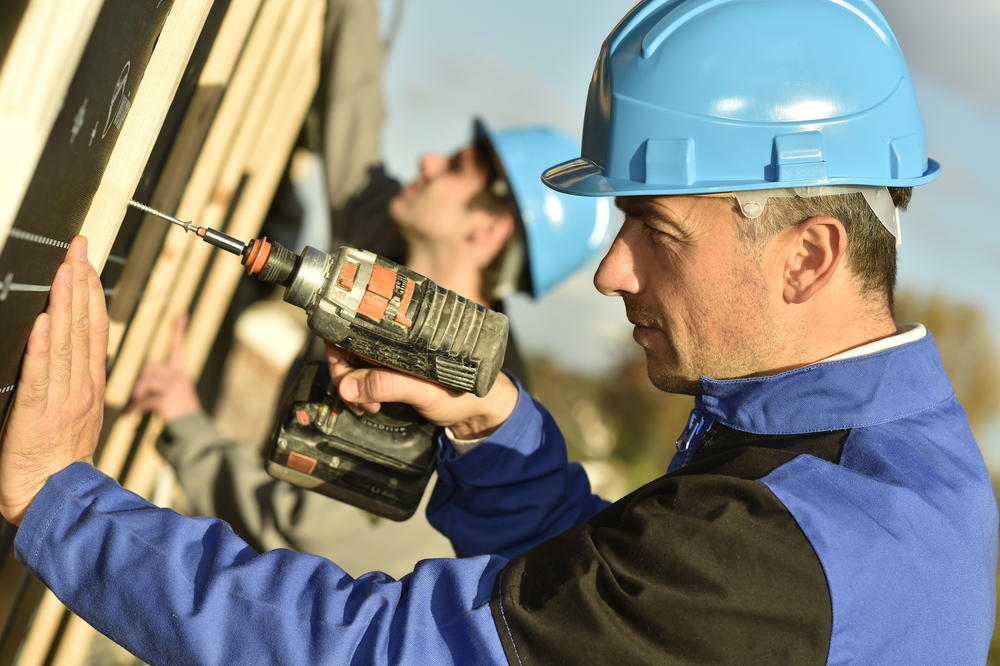Contractors represent a large portion of the insurance market. These popular classes give you a great entry point to begin your summer marketing efforts. Here are four popular contractor classes that drive growth in the insurance marketplace.
General Contractor
General Contractors are responsible for the overall construction project including labor, materials and equipment. They may perform the project themselves or will supervise employees or subcontractors. General Contractors are also responsible for vendor relationships as well as the state and federal regulations that pertain to the project. With such a wide skill-set there is more potential for exposure; this creates a great opportunity to up-sell additional products and attach worthwhile endorsements.
Remodeling Contractor
This type of contractor can easily stay busy year-round. Remodeling Contractors do the work of a General Contractor but focus specifically on remodeling projects. They work with residential and commercial clients and can provide everything from design to overall project management. Whether their client is finishing a basement or outfitting a new home theater, Remodeling Contractors have the right expertise for detailed interior projects.
Roofing Contractor
Often called Roofers or Roofing Mechanics, Roofing Contractors repair, replace and install roofs for buildings using various types of materials. Roofing is a risky business and obtaining the right insurance coverage is essential to protect against injury and liability claims. We recommend working with your Roofing Contractor clients to weigh all of the potential risks and which coverages will provide the most protection in the event of a claim. Popular lines of business for Roofing Contractors include General Liability, Property, Inland Marine and/or Commercial Auto.
Artisan or Casual Contractor
Plumbers, painters, carpenters, electricians and landscapers all fall under the category of Artisan or Casual Contractor. These types of contractors take pride in their work. Their skill-set often includes a great deal of precision, patience and risk. Popular lines of business for Artisan or Casual Contractors include Property, General Liability and Commercial Auto. They may also take advantage of Floaters to cover machinery and equipment during transit, installation and testing.
We hope this information allows you to better target the construction market. For additional questions about the right coverage for your contractor risks, contact New England Excess Exchange at info@neee.com or call 1-800-548-4301.







